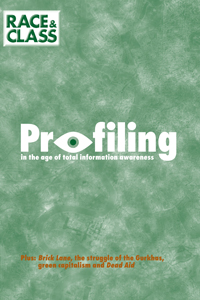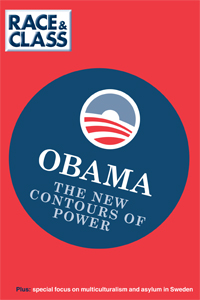Description
As, in the wake of September 11, the concept of international justice is hotly debated, the Institute of Race Relations examines exactly how well internal truth commissions have served the struggle for justice.
Leading criminologists, human rights lawyers and participants in truth processes evaluate the role and impact of truth commissions – of which there have been some 20 since the end of the Cold War. From Guatamala and South Africa to the north of Ireland and Hillsborough, the victims’ truths are set here against state narratives.
Contents
- ‘Why truth? Why now?’, an introduction by Bill Rolston.
- Elizabeth Stanley, of the Centre for Studies in Crime and Social Justice at Edge Hill University College, examines the conspectus of issues that truth commissions have thrown up.
- Roberta Bacic, of War Resisters International, who was involved in the Chilean truth process, explores, through literature and personal experience, some of the issues that survivors of state brutality have raised with her.
- Paul Seils, formerly of a Guatamalan human rights NGO and now of the International Center for Transitional Justice, New York, uses the Guatemalan experience to raise issues of how to seek justice for victims and what this entails for both victims and those in the service of a transitional state.
- Brandon Hamber, of the Belfast think-tank, Democratic Dialogue, who was involved in victim support groups and the truth process in South Africa, gives an account of the South African TRC, the expectations it raised, and what its yoking of ‘truth’ and ‘reconciliation’ signified. His account is supplemented by Cahal McLaughlin, a writer and film-maker, who describes one such South African victim support group, Khulumani.
- Bill Rolston, of the University of Jordanstown, Belfast, examines the possible relevance of the truth process to the North of Ireland, and the ways in which the British state attempts to present itself as an impartial arbiter between the two communities when, in fact, many abuses have taken place at the behest of the state itself.
- Phil Scraton, of the Centre for Studies in Crime and Social Justice at Edge Hill University College examines the ways in which truth is concealed or the search for truth manipulated by the authorities in Britain, whether over deaths in custody, the practices of special hospitals, or investigations into disasters such as Lockerbie or Hillsborough.
Race & Class is published quarterly, in January, April, July and October, by Sage Publications for the Institute of Race Relations; individual subscriptions are £27/$47, for four issues, with an introductory rate of £20/$35 for new subscribers.



